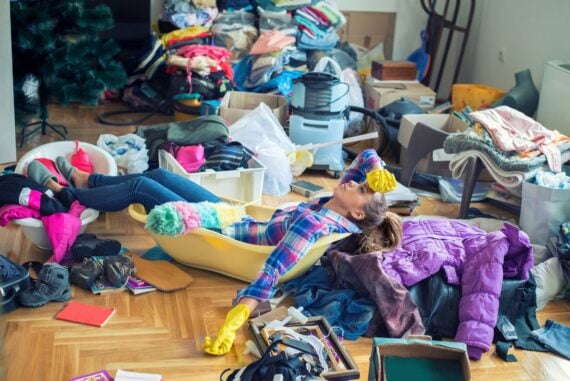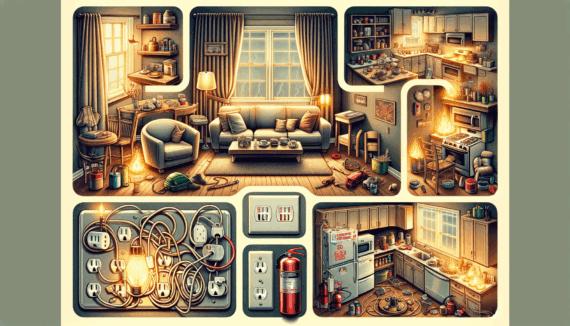Deciding to declutter your home can feel like a huge task — but once you get the ball rolling it gets easier and easier. The sense of satisfaction that you get from decluttering and opening up space in your home is extremely gratifying. Still, there are certain mistakes you’ll want to avoid when starting on your decluttering journey.
There are plenty of tips and tricks for what you should do and the strategies you should implement when decluttering, however, there are also plenty of decluttering mistakes that you should try to avoid.
Here are ten of the most common mistakes to avoid when decluttering, from not having a clutter removal plan to decluttering when you’re in a bad mood.
Starting with Sentimental Items
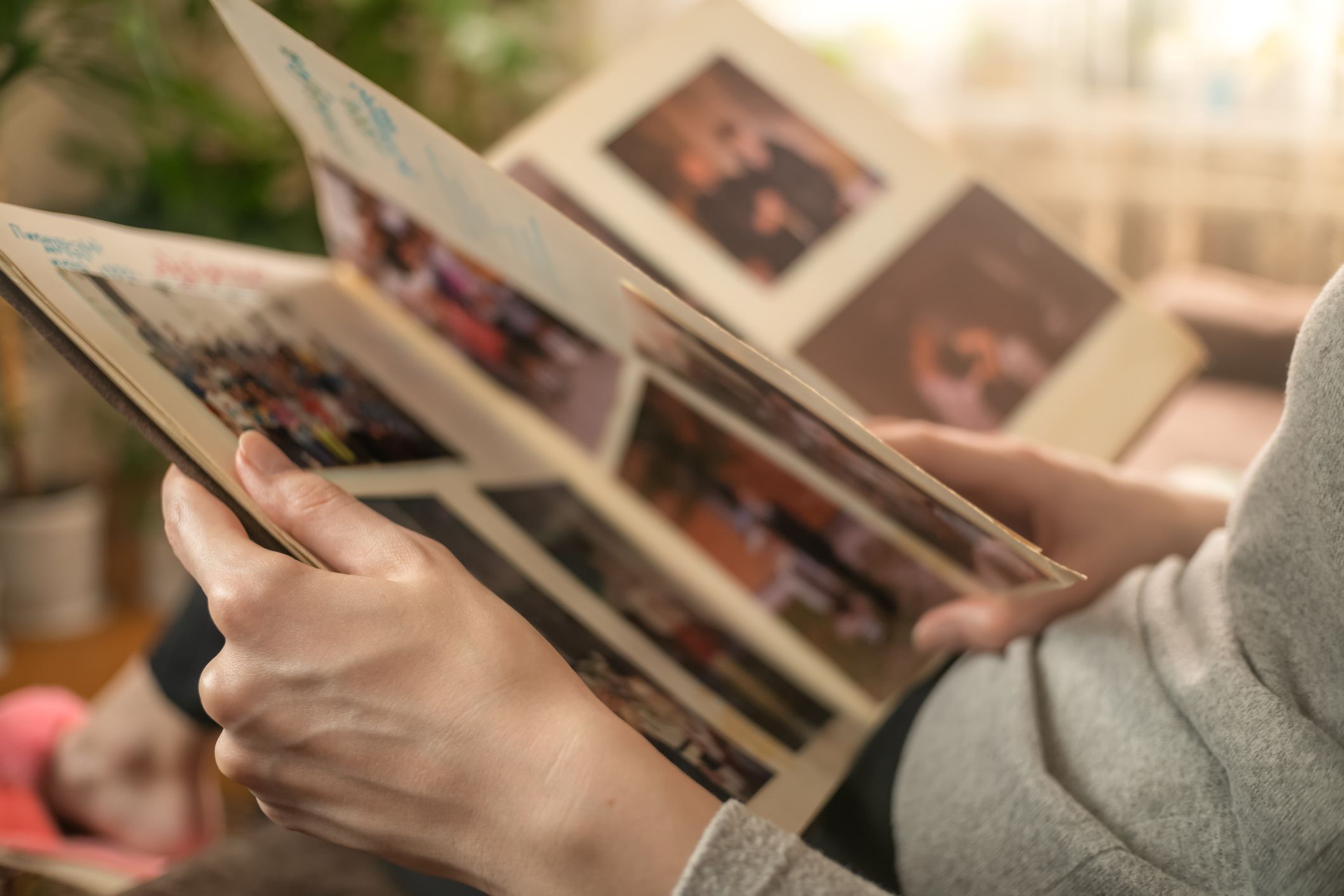
Decluttering isn’t something that comes naturally for everyone — and you might find yourself having to build your decluttering muscle before you’re able to tackle your entire home. If you’re a sensitive person or struggle with decision-making, don’t start with sentimental items.
Instead, look for low-hanging fruit that can be tossed easily and without much thought. Starting with things like obvious trash, old linens and clothing, and expired cosmetics will provide an instant dopamine hit and allow you to grow your decluttering muscle.
Tossing Out Important Documents
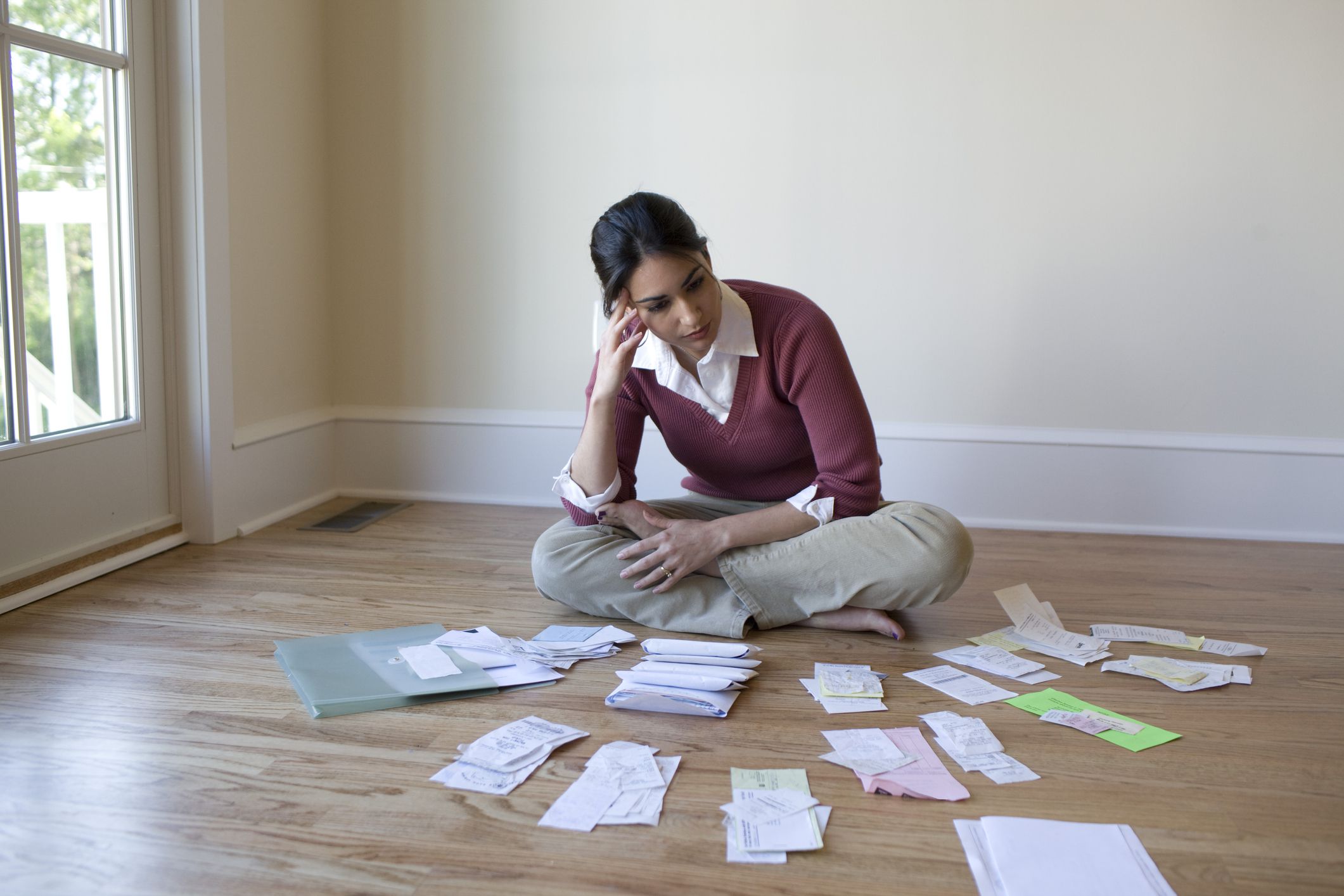
Paper clutter is one of those categories that are pretty easy to sort and recycle quickly and efficiently. Still, it’s also a category that you’ll want to pay extra attention to. You might be tempted to go on a decluttering and shredding frenzy, tossing out all the stacks of paper lurking in your home or office, but double-check that you’re not tossing out important documents.
Documents like tax-related paperwork and anything government-related can be a huge pain to try and track down if you lose or toss out the original paper copies. When in doubt, consider taking a photo of, or scanning, any documents you don’t think you need to be on the safe side.
Donating Books Before Flipping Through Them

Paring down your bookshelves is a great way to highlight the literature you love and value. Instead of having dozens of books that mean nothing to you or are decidedly not on your to-read list, being able to scan your books quickly is refreshing and makes a genuinely great conversation starter when having literature-minded friends over.
However, do not donate any books until you flip through them and check for notes, family photos, or anything else that might have been used as a makeshift bookmark. Trust us — realizing too late that you’ve accidentally donated a book with a sentimental photo tucked inside really hurts.
Decluttering Someone Else’s Belongings
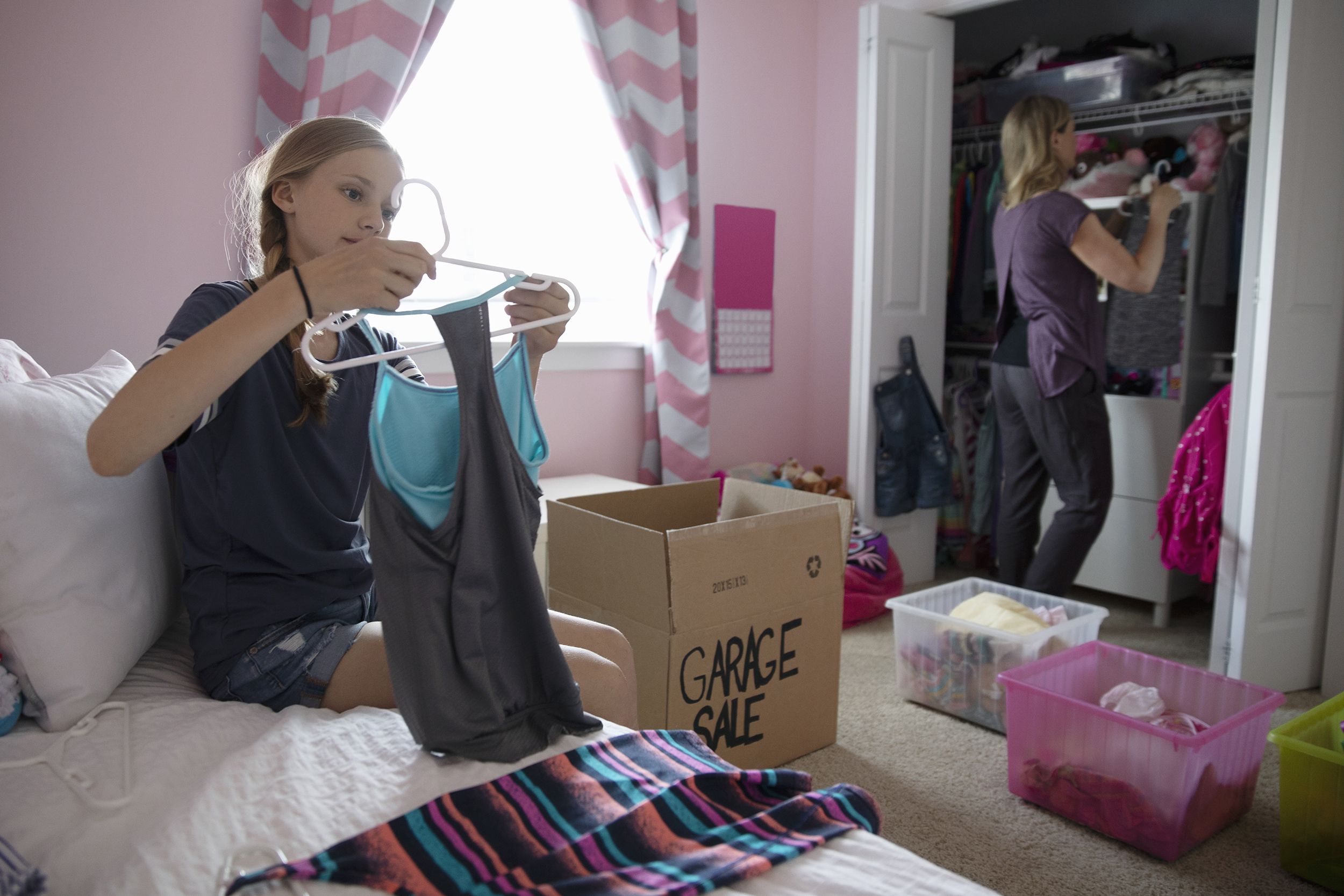
It doesn’t matter how frustrated you are with your partner’s or kids’ collections and clutter, you should never take it upon yourself to declutter someone else’s belongings. Instead, you’ll want to work with the person to motivate them to declutter independently.
If it’s little kids you’re dealing with, you can consider creating “time out” bins where you hide some of their lesser-loved toys and games. If your little ones don’t ask for the toys in a given amount of time, it’s probably safe to discard or donate.
Decluttering When Sad or Angry
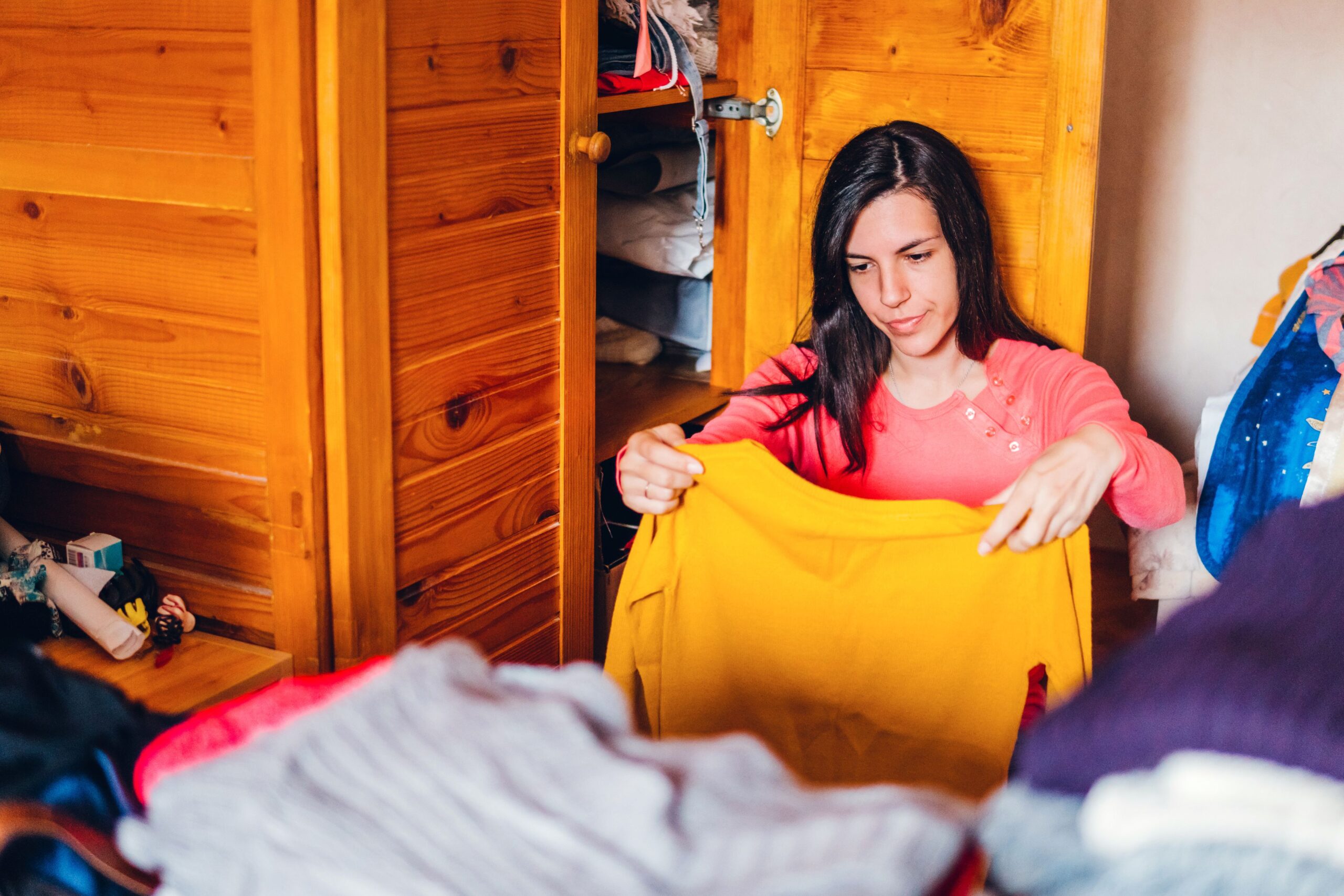
Decluttering is hard enough when you’re in a good mindset — but deciding to declutter when you’re sad or angry will make everything even more difficult. Not only will your decision-making be impaired when navigating negative emotions but it can also result in regret if you end up decluttering items that you otherwise wouldn’t have wanted to get rid of.
Trending on Cheapism
Taking on Too Much at Once
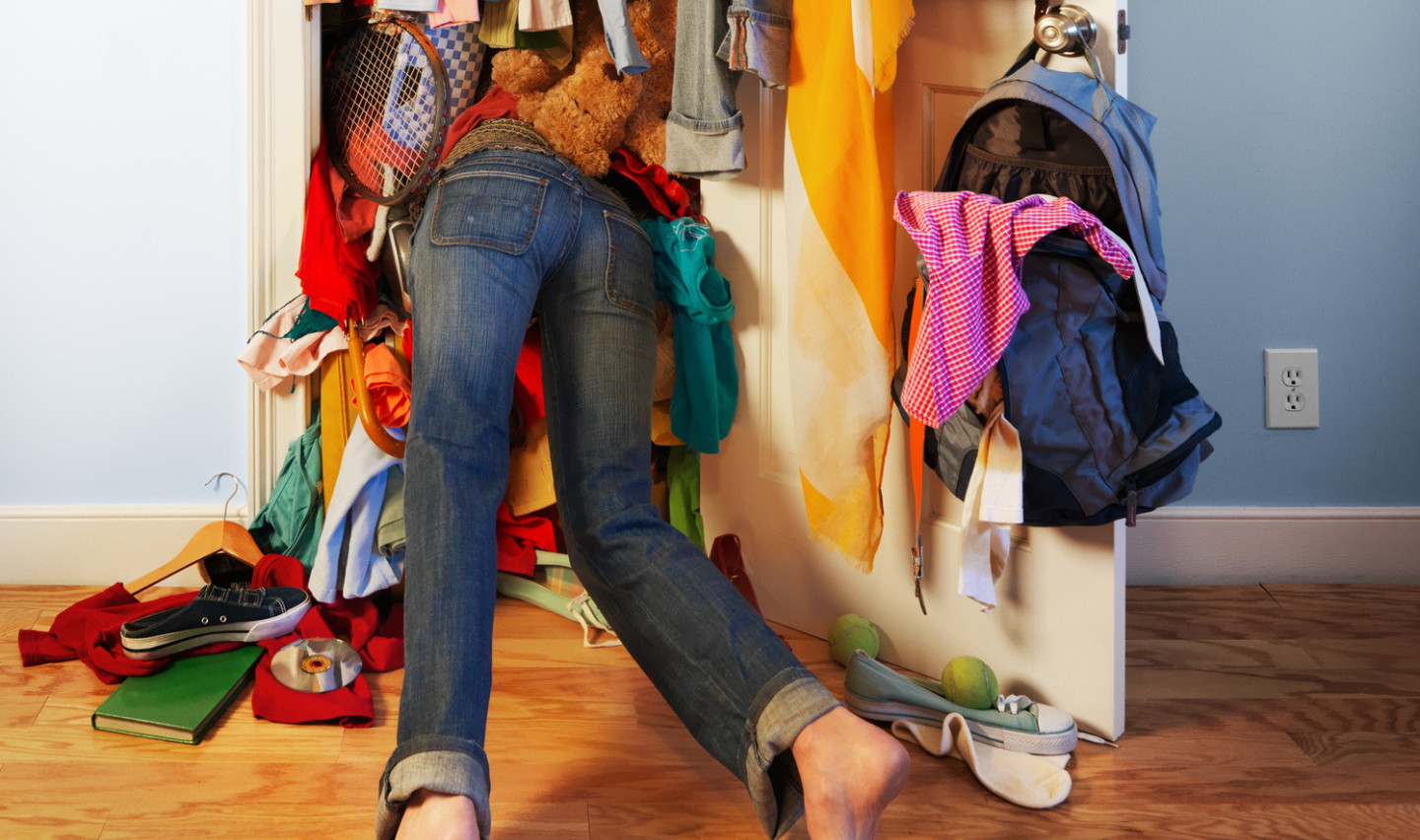
Taking on too much at once is the fastest way to get overwhelmed and set yourself back on your decluttering journey. You shouldn’t attempt to tackle everything in a given day; instead, break down your decluttering into smaller chunks.
You’ll often see decluttering influencers take out their entire wardrobe to declutter and rearrange, for example, but seeing a giant mound of clothes on your bed can wind up causing major overwhelm and stress. What’s more, you’re forced to work through the entire product category even if you’ve decluttered to your limits, which can cause hasty decision-making and regret.
Buying Organizational Tools Before Decluttering
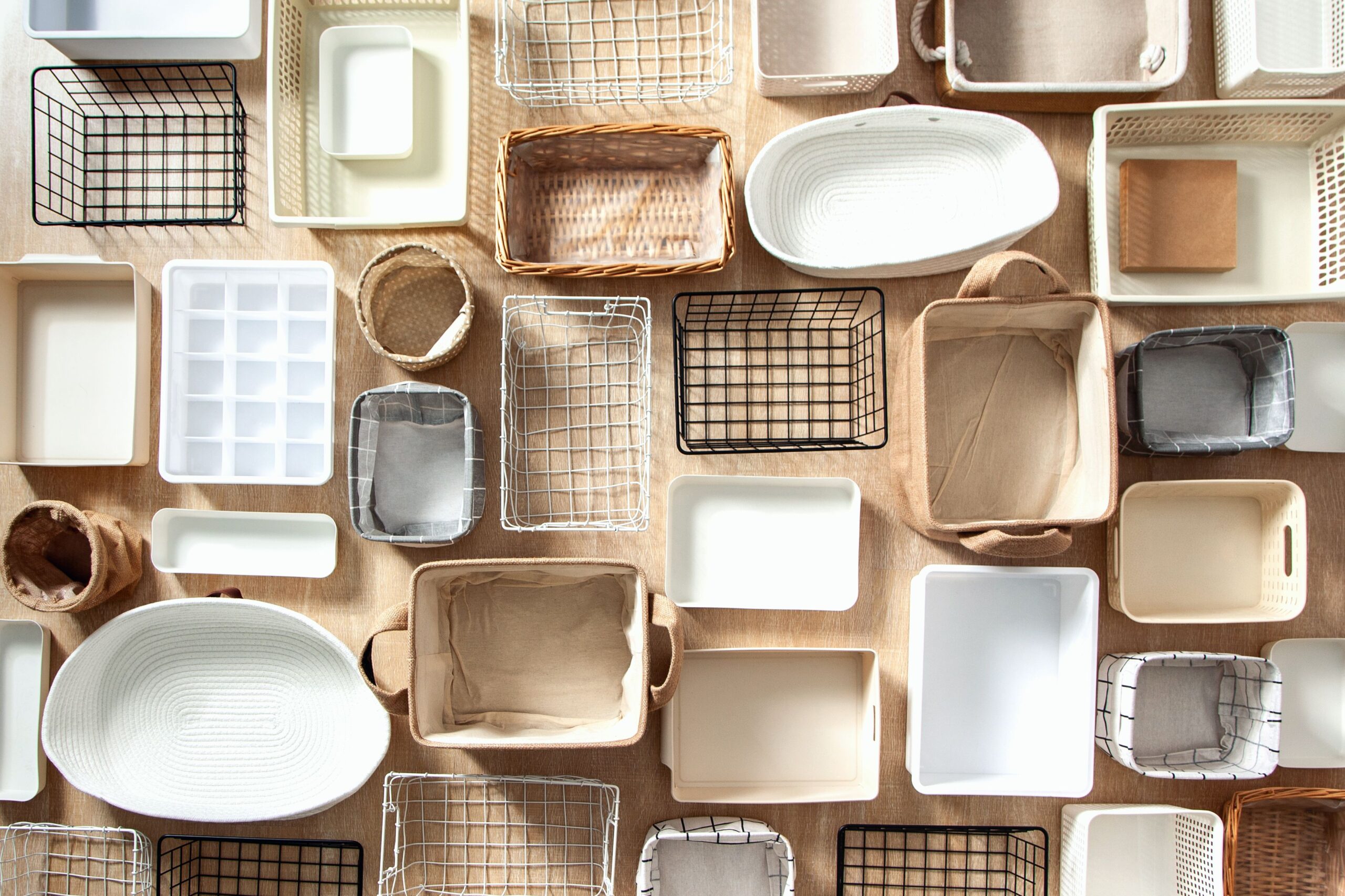
Decluttering expert Marie Kondo urges her clients and readers to avoid buying organizational tools before and even during the decluttering process. There are tons of organizational products available online and while they might seem like they’ll solve your clutter problem, the only true solution is to owning fewer items.
Instead, Kondo suggests using things you already have at home, like shoeboxes, as an alternative to pricey organizational tools. Once you’ve decluttered and lived with your temporary organizational tools for a few weeks or months, you’ll understand what you actually need much better and you’ll avoid having to declutter your unnecessary (and expensive) organizational items.
Not Having a Clutter Removal Plan
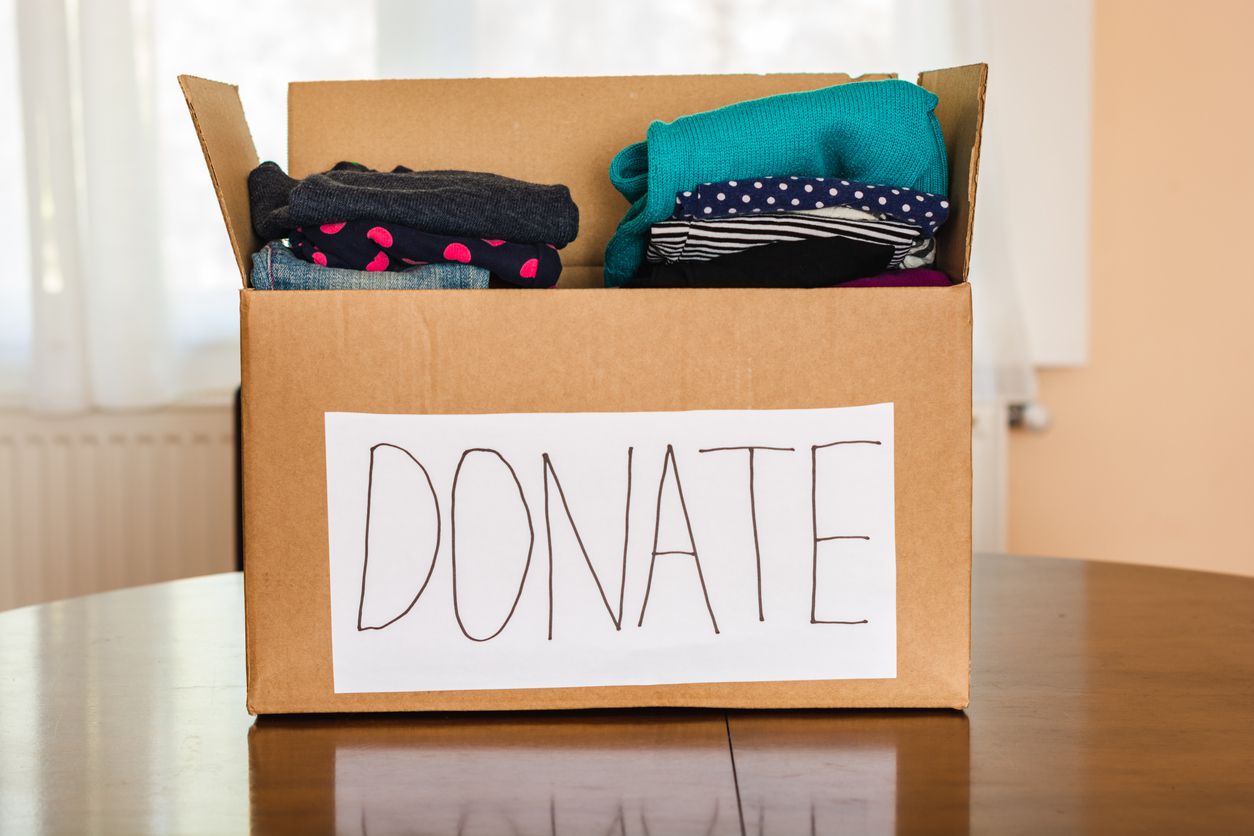
Another thing you’ll want to ensure you have in place before you start decluttering is having a solid clutter removal plan. It’s well and good to have a pile of things to donate or toss out but if you’re not careful, you’ll wind up with an unsightly collection of goods sitting at your front door or in your trunk for weeks. This can be especially problematic if you’re decluttering larger items like fitness gear, appliances, or furniture.
If you’re decluttering smaller items, consider setting a specific date when you’ll bring your items to the donation center or waste disposal center. If you know you’re going to have to dispose of larger items, consider booking a dumpster rental or schedule a pick-up service with a local junk removal company.
Sign up for our newsletter
Decluttering Just to Buy New Items

Decluttering is a great way to reflect on exactly what you need to live a happy and comfortable life — and decluttering just to buy new replacement items takes away that potential opportunity for growth.
Likewise, you’ll want to be careful not to declutter anything you might need in the short-term future just to clear out the space — but don’t hold onto anything as a what-if either. You might end up having to repurchase something down the road but it’s important to understand that if that does happen, the space and peace of mind you’ve gotten from a clean and organized home is almost always worth it.
Succumbing to Guilt
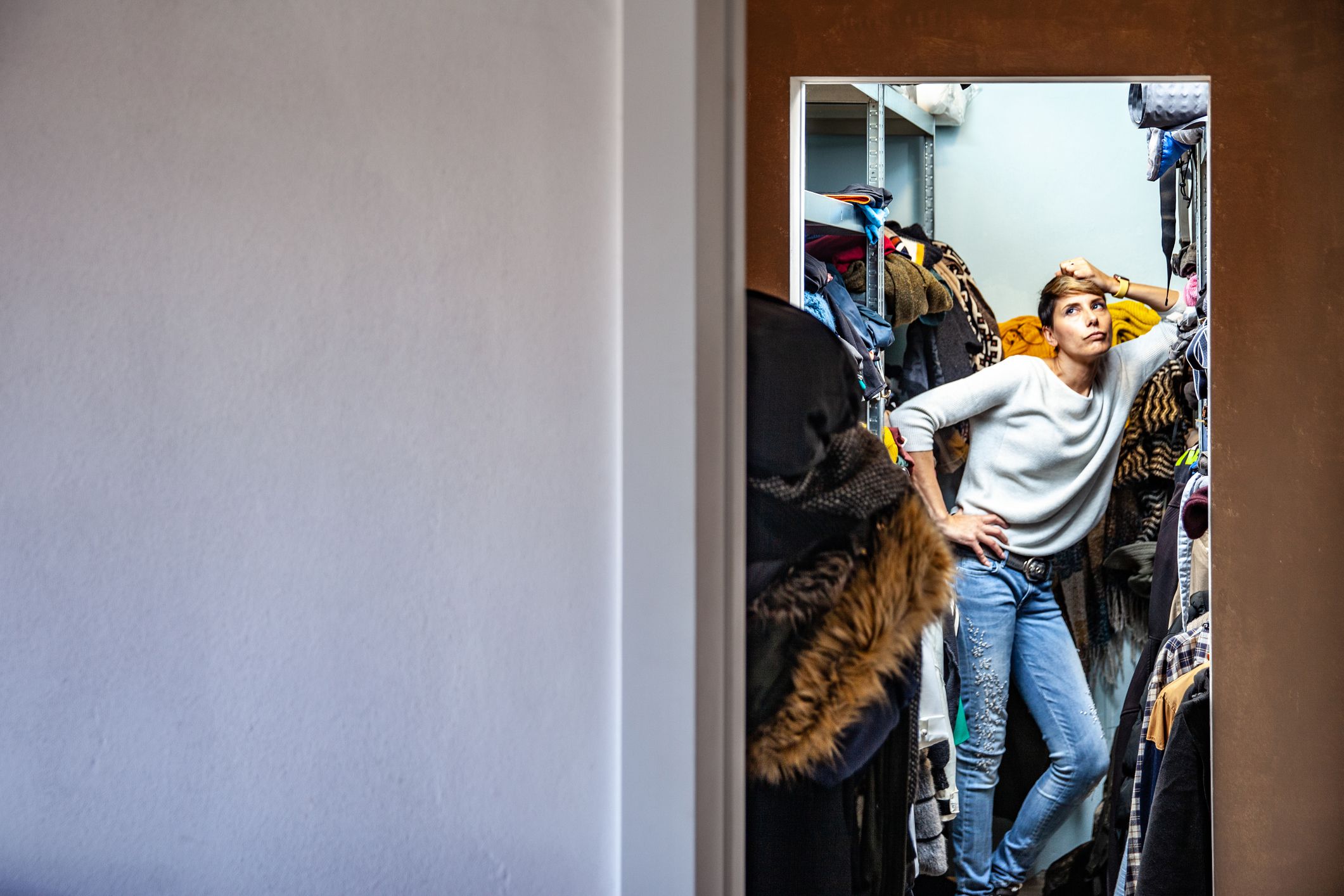
The items you keep in your home should be a reflection of the things you love and use daily. Think about it like this: Every item in your home lives rent-free and requires upkeep, whether it’s moving it to dust around it or storing it.
That’s why you’ll want to make sure that everything in your home is something you actually want to be there. If you’re holding onto things like gifts you don’t love, you’ll want to reflect on why. If you feel guilty about getting rid of these items, just remind yourself that whoever gave you said items wouldn’t have wanted it to evoke feelings of guilt. Passing these onto folks who will use them is doing the gift justice.
